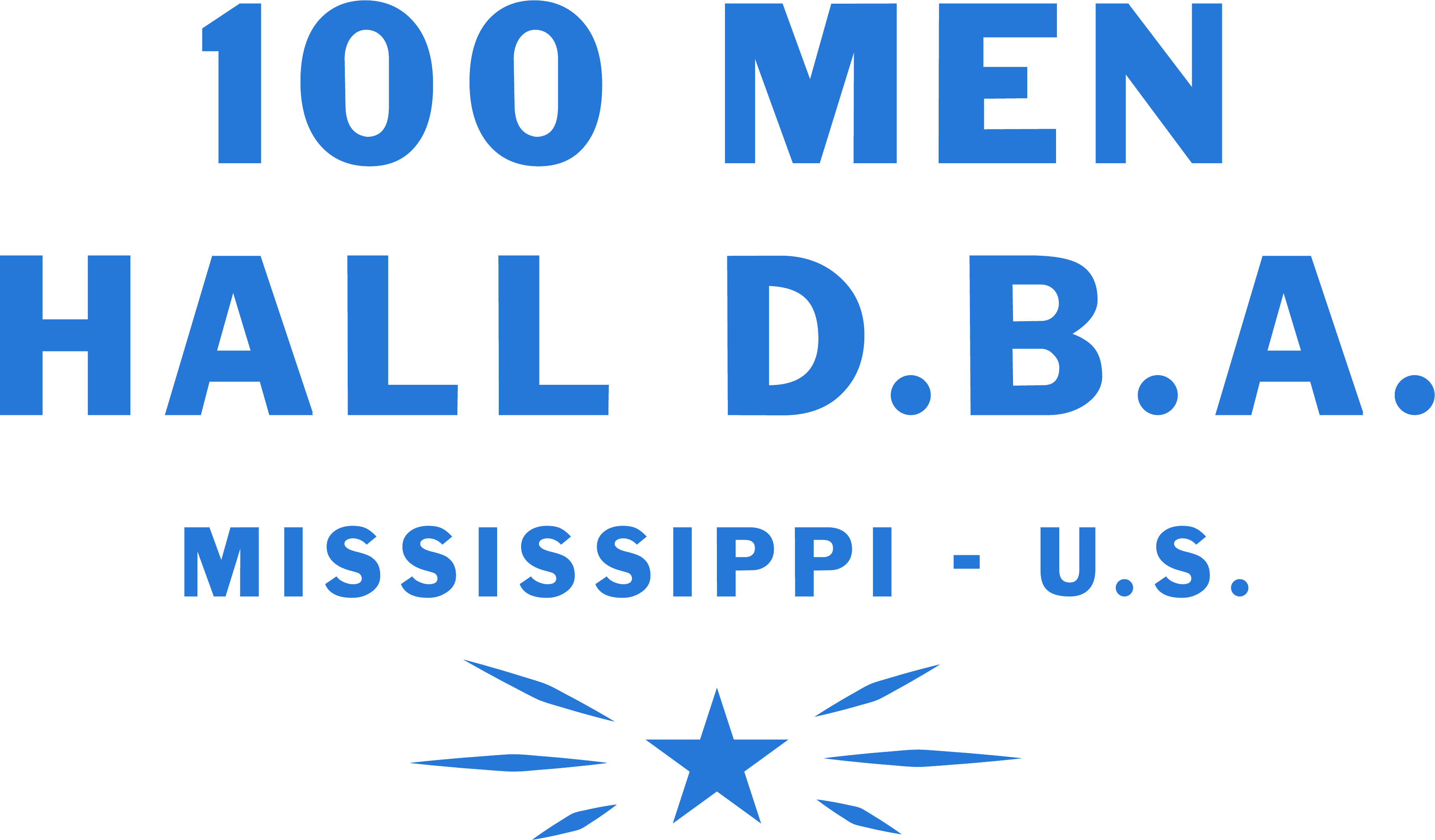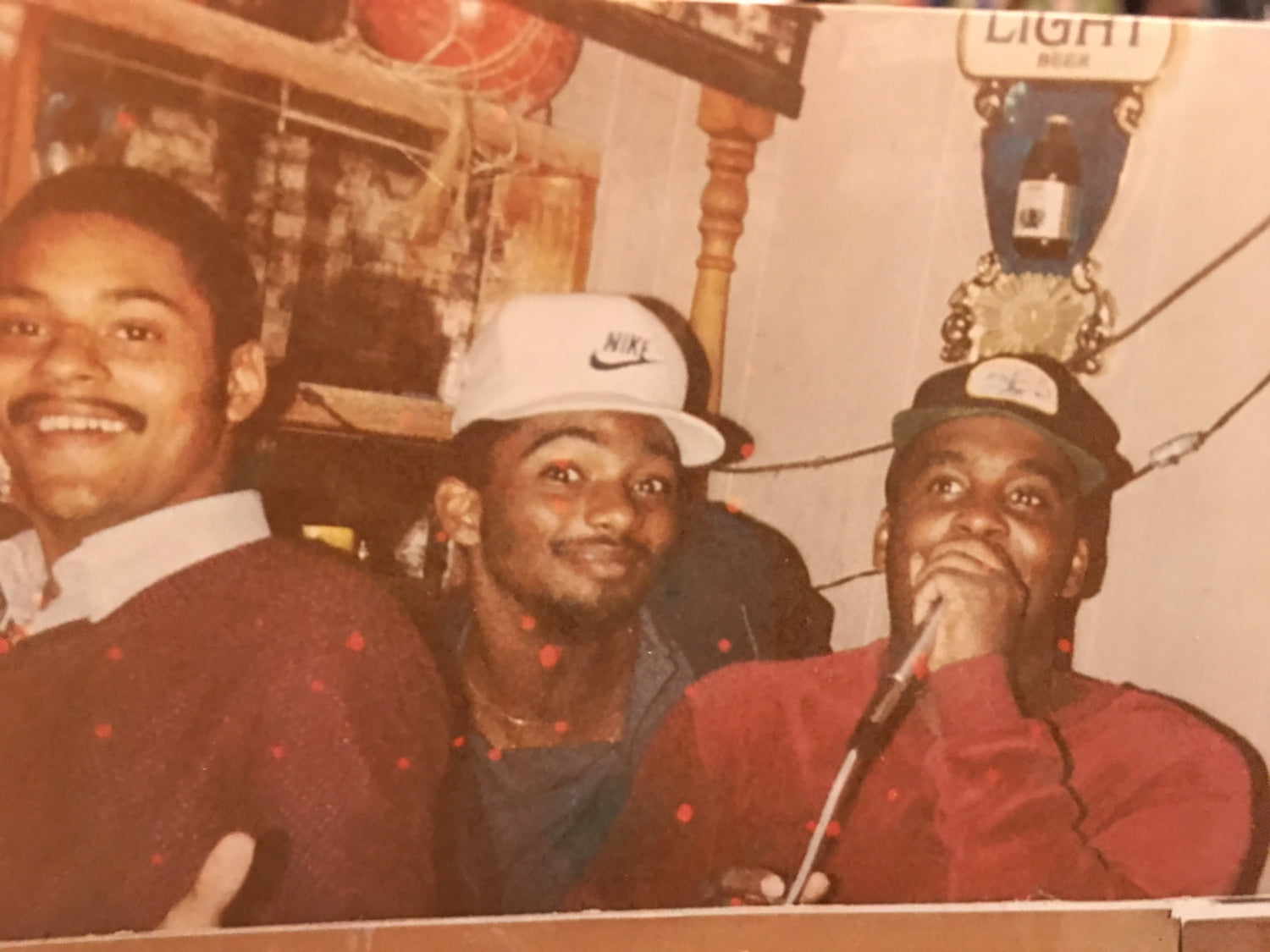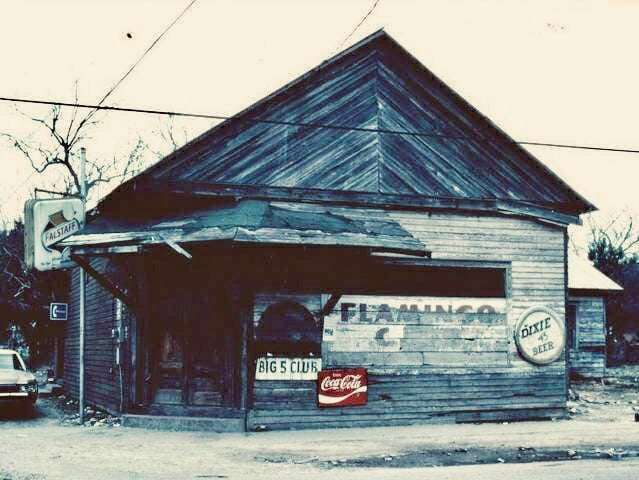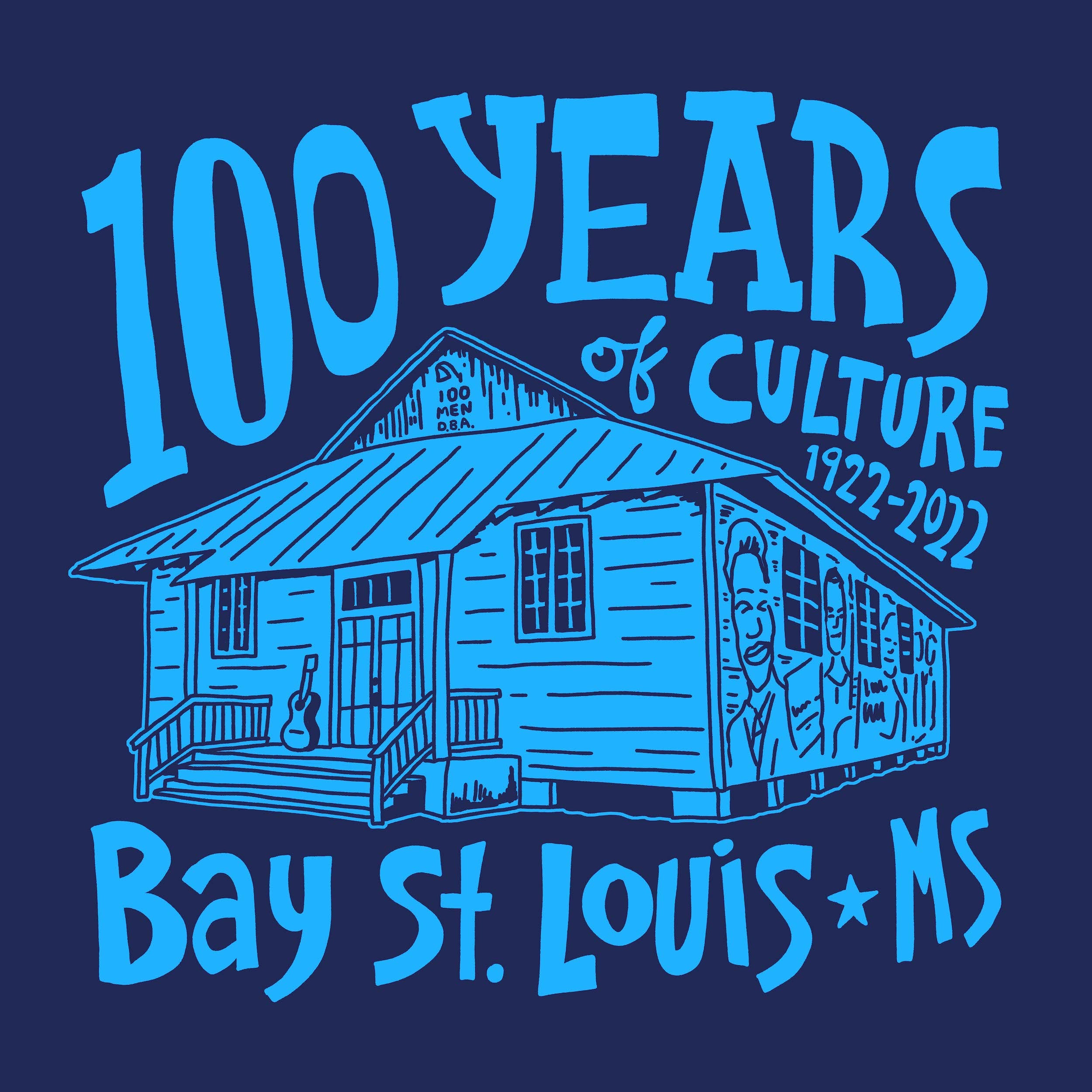The Rise of the DJs in the Bay was originally published in BSL Shoofly here.
As Bay Saint Louis goes, so goes the nation. At least, when it comes to the rise of DJ and Disco culture.
Four decades after the 70s gave birth to Disco, DJs are still going strong in the Bay. While most Bay residents recall coming to the 100 Men Hall to dance to live bands, Tania Marie Price recalled there not being live bands anymore by the time she was old enough to attend, “I came here to dance in 1978. We had DJs back then; we all paid to come to a party.”
DJs had been around for decades, but it was Disco in the 70s that brought the DJ up in prominence and reverence, usurping an arena once reserved for live bands. There was no monolithic event that ushered in the DJs or Disco. The rise of Disco, like many other musical innovations grew out of Black and Latin culture. As New Orleans DJ Soul Sister (Melissa Weber) says, “There were places where gays would gather, especially in New York, to listen and dance to black and brown music recordings, the audience was participatory and the crowd became the show.”
Here in Bay Saint Louis, Scott Nichols was shuffling between New York and the Bay, bringing back with him the current albums of the day. Nichols along with DJs AB (Alton Benoit) and Chill Will (William Washington) would spin records in a pop up lounge off Washington’s grandmother’s house on Sycamore and St. Francis. The three DJs went by the name Military Funk.
Their dance parties became so popular, Military Funk branched out to play CYOs at St. Rose along with juke joints such as Big 5, Bobby’s Lounge, Willy C’s Connection, The Onion, Nick’s Cozy Lounge, and the Krack – seven clubs that were near Washington’s grandmother’s house.
Nichols said, ‘The clubs were so close together and we didn’t have but one copy of each record, so we would have Slick Rick, a roadie from Waveland, run the records back and forth for us.” Rap wasn’t big in Mississippi so here is a sampling of the records they played:
- Dazz Band’s Let It Whip
- Gap Band’s Yearning for Your Love & Seasons No Reason to Change
- The Isley Brothers’ Voyage to Atlantis
- Zapp and Roger’s More Bounce to the Ounce
- Franky Beverly & Maze’s Joy & Pain
- Con Fun Shun’s Let Me Put Love on Your Mind
- Prince’s Do Me Baby.
At the 100 Men Hall, Nichols would come on after the popular live band Bo & Dee. “We played the Hall all the time. We were the only DJs. Mr. Farve might have been DJing weddings, fashion shows and events, but we were doing the clubs,” Nichols said.
Dennis Farve, a Bay musician and DJ, said he began DJing in fifth grade at St. Rose and currently DJs at Hollywood Casino. Farve said he can tell when bands are going to be called back to perform because when a band plays for the crowd, people dance all night long, but when they play for themselves, it’s not the same. “Back in the day, there were certain places that had a band, but the bands phased out because it was cheaper and easier to hire a DJ. It was happening all over but mostly in Black clubs.” Melva Fisher, who owned and operated the Dock of the Bay, confirmed that they did not have DJs at the Dock.
DJ Greg B (Greg Barabino) said DJs at dance parties were normal when he was growing up. “Because I grew up with the birth of hip hop and disco, electronics had taken over. In Mississippi, you couldn’t find a youthful band playing to young folks, that craft was gone. The DJ became an art form, manipulating and creating a different experience than live music.”
DJ Carlos Estrella, who DJs at Roger’s every Friday and Saturday night, said that as a musician it was hard to keep up with a band. “Band members wouldn’t show up on time, or looking good, or having practiced. The record player was more reliable.” Estrella said he, like any other musician, enjoys hearing a live band but when he really wants to go out and dance, he wants to find a good DJ. “A DJ offers way less interruptions, has a good mix, and caters to a younger crowd.
Disco, with dance songs that featured mostly female singers, along with the DJs who played them, changed the cultural of dances at the 100 Men Hall, around the Bay and beyond. The gatherings that started in the gay community were about breaking down the restrictions of same sexes not being allowed to dance together.
At the New York discotheques and with a DJ, people were no longer obligated to find a person of the opposite sex to dance. Anyone could dance solo or with any partner of their choosing. This had a wide appeal beyond the gay community, and even today you could walk in any beach bar in Bay Saint Louis and see more women on the dance floor dancing together or solo than men and women coupled up. A credit all us women owe to places like New York’s Stonewall that did away with this silly taboo.
However, just as meteoric as its rise, was Disco’s fall. On July 12, 1979, the Chicago White Sox hosted Disco Demolition Night and some call it the night disco died. However, musicologists believe disco had already begun a new innovation that gave rise to hip-hop, Latin freestyle, techno and electronica, and now EDM (electronic dance music popular in clubs today).
Weber, Curator of the Hogan Jazz Archives at Tulane University, says the death of disco was a smear campaign, “There are tons of articles, academic and otherwise that show it had nothing to do with music, and instead the 1979 death of disco was a result of sexism, racism, and homophobia. The music played at the discotheque had people all of a sudden dancing together to Black and Brown music and this was a thing that had to be stopped.”
Despite the stigma that Disco still carries in the mainstream, its influence on the Bay Saint Louis music scene and beyond cannot be underestimated. The Civil Rights Act had been signed only a decade before, and the early 70s were about marginalized communities being seen and heard for the first time. Disco was a game changer and the backlash did not stop its pulsating sound from morphing into new genres or halt the collateral rise of DJs gaining a reputation for having the power to get people up and on the dance floor.
By Rachel Dangermond
 The three DJs performed around the Bay area under the name Military Funk.
The three DJs performed around the Bay area under the name Military Funk.

DJ Chill Will and DJ AB

DJs Chill Will (William Washington), Rockmaster Scott (Scott Nichols) and DJ A.B. (Alton Benoit) at William Washington's grandmother's house.

DJ AB (Alton Benoit) and Rockmaster Scott (Nichols).

Scott Nichols, aka Rockmaster Scott, at Bobby's Lounge.

Scott Nichols, aka Rockmaster Scott

Tanya Washington (Chill Will's wife) DJ A.B., and Crystal Labat after a famous NYE party




Leave a comment
All comments are moderated before being published.
This site is protected by hCaptcha and the hCaptcha Privacy Policy and Terms of Service apply.